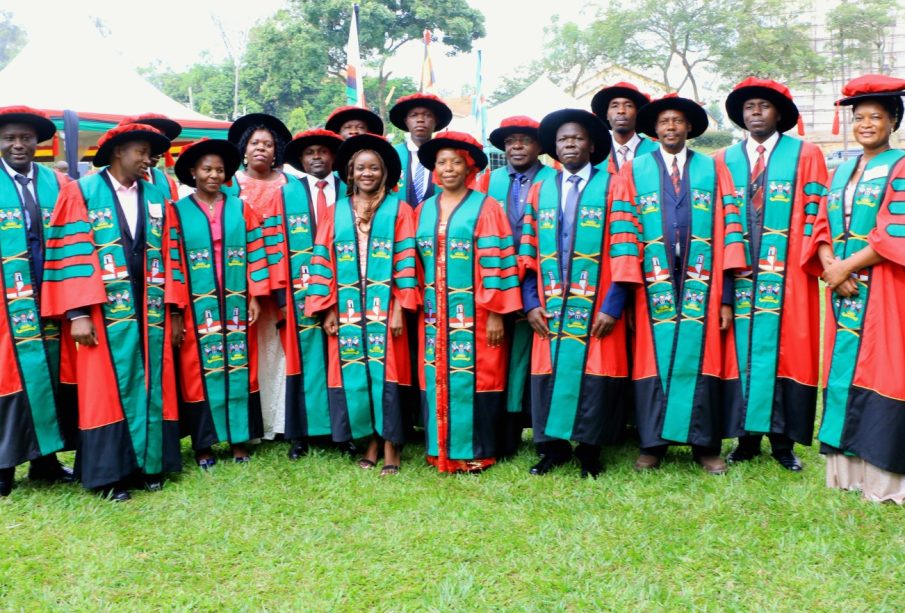Concerns Rise Over Limited PhD Graduates Hindering Uganda’s Research Capacity

Educationists in Uganda are raising alarm over the limited number of PhD graduates in the country, a situation they argue is impeding Uganda’s capacity to engage in transformative research and drive national development on par with developed economies. Jane Egau Ekou, the Undersecretary of Finance in the Ministry of Education, has called for immediate action to boost the nation’s research capabilities, especially in the fields of ICT and business management.
The ability to conduct robust research, particularly in areas like technological advancement, is deemed crucial for achieving socioeconomic transformation in contemporary society.
However, educationists, led by the Ministry of Education and Sports, are expressing concerns about the scarcity of PhD graduates, highlighting that this shortfall hampers the country’s research capacity and growth.
In today’s global socioeconomic landscape, technology and innovation play pivotal roles in steering development, fostering regional cooperation, and facilitating trade. Educationists caution that countries like Uganda must prioritize the development of a strong ICT sector to assert their influence and participate actively in shaping the global agenda.
Prominent educationists Mathew Mathai Kattampackal and Dr. Pradeep Kumar, respectively the Vice Chancellor and Director of Academic Affairs at Isbat University, emphasize that for economies to undergo transformation, they require individuals with exceptional skills who can conduct rigorous research and provide innovative solutions.
The shortage of PhD graduates is particularly concerning as the Ministry of Education observes a surge in the number of master’s degree students. However, the availability of professors to guide these students through their academic journeys remains limited.
Available data paints a stark picture: in a country with a population exceeding 45 million people, only 1,179 individuals hold PhDs. Of these, 1,025 obtained their degrees from public universities, while 172 earned them from private institutions. This glaring disparity reveals a high student-to-facilitator ratio that raises concerns about the state of Uganda’s education system.
Educationists and policymakers alike are calling for immediate attention and investment in the development of a robust ecosystem for advanced research and education to propel Uganda towards its full potential in research and development.









